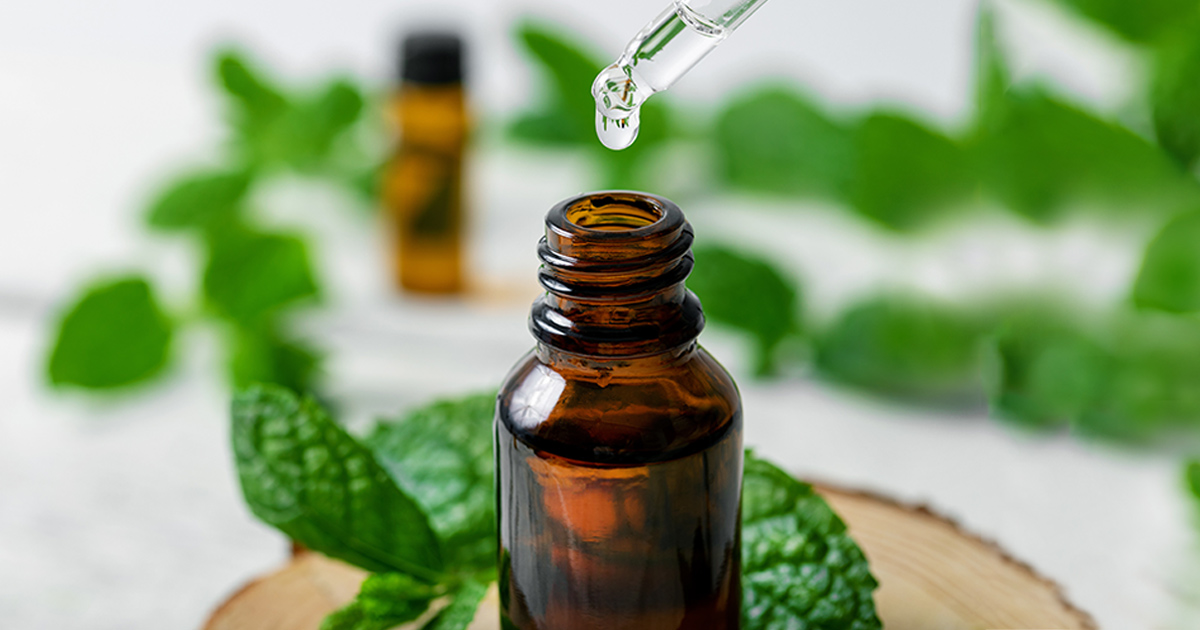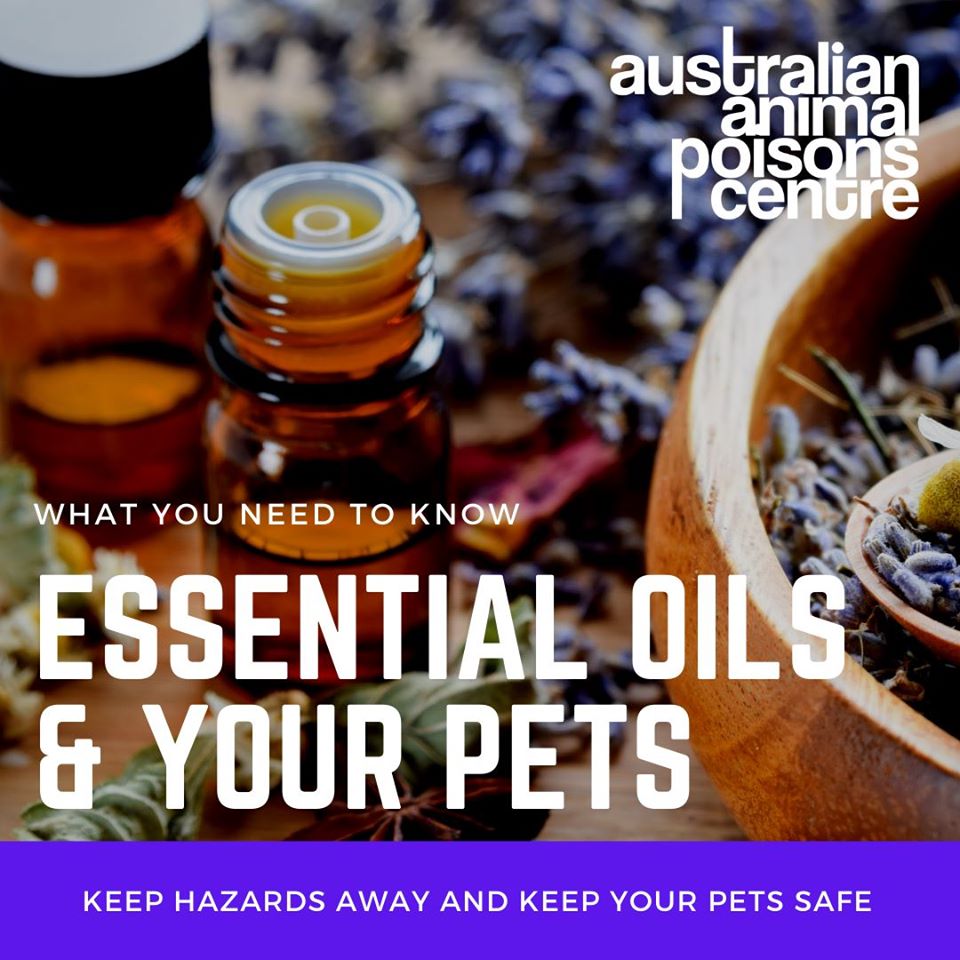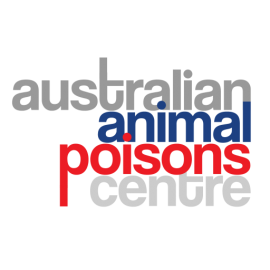Essential Oils and Pets
Essential oils can be toxic to pets, but there are some safe scents you can use when diluted in a diffuser.

Essential oils are organic concentrates extracted from plants and 300 kinds are commonly used in aromatherapy, insecticides, personal care products, flavoring, herbal remedies, and air fresheners. Although essential oils are derived from natural sources, they can be toxic to pets.
Certain scents may be used diluted in a diffuser (at minimum 1:100 drops), but you should never use essential oils topically on pets. Directly applying oils to their skin or allowing them to ingest oils can be fatal!
Using Essential Oils Safely
Passive diffusers are the safest option for using diluted essential oils. These include candle burners, table top warmers, or plug-in diffusers which use heat to evaporate the oil. As long as your pet does not come into direct contact with the oil, the only hazard is respiratory irritation in cases of improper ventilation.
Active diffusers (which emit microdroplets or particles of oil in the air) should not be used in the same room as a pet. This is especially the case for birds who have a very sensitive respiratory system and cats as they may ingest the droplets collected on their fur while grooming.
Generally Safe Scents
- Frankincense
- Lavender
- Chamomile
Additional Safe Scents for Dogs:
- Turmeric
- Cedarwood
- Sweet marjoram
- Copaiba
- Arborvitae
- Petitgrain
- Myrrh
- Ginger
- Rosemary
- Bergamot
Generally Toxic Oils
Never use these oils around your pet.
- Cinnamon
- Eucalyptus
- Pine
- Pennyroyal / Squaw Mint
- Sweet Birch
- Tea Tree (Melaleuca)
- Mint (Wintergreen, Peppermint, Spearmint)
- Camphor
- Clove
Oils Harmful to Cats
Cats are known to be more sensitive due to lacking an enzyme in their liver which is needed for eliminating certain toxins like essential oils. These essential oils are known to cause poisoning to cats.
- Citrus (of any kind)
- Ylang Ylang
Symptoms of Poisoning
Symptoms will vary depending on the type of oil, route, and concentration. Direct contact (through skin or ingestion) with pure undiluted oil is the most harmful, while inhaling diluted oil is the least dangerous scenario.
- behavior changes (depression, fatigue, weakness)
- skin irritation
- drooling
- vomiting
- tremors
- ataxia (wobbliness)
- difficulty breathing
- low heart rate
- low body temperature
- liver failure
Symptoms develop within 6-8 hours with most essential oils. Mild cases will resolve within a few hours, while severe cases need 3-7 days for full recovery. If moving your pet to fresh air does not alleviate the clinical signs, then they should be taken to an emergency vet.
Sources











